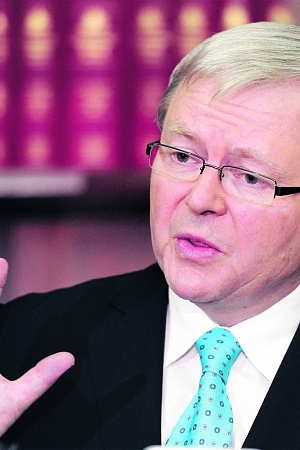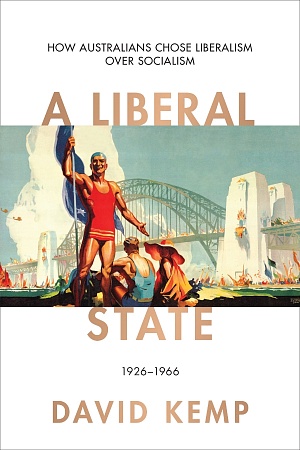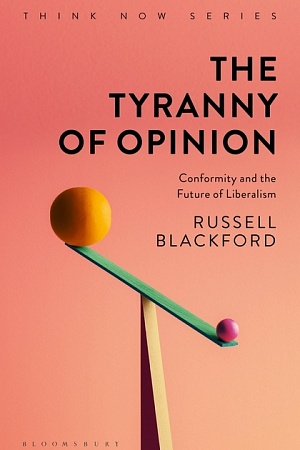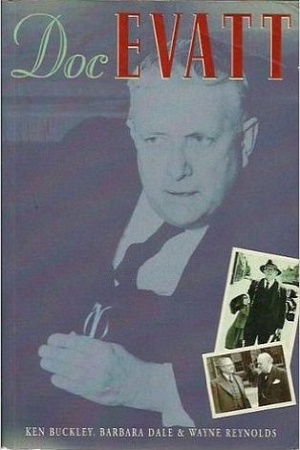The White Queen: One Nation and the politics of race (Quarterly Essay 65)
Black Inc., $22.99 pb, 139 pp, 9781863959070
The White Queen: One Nation and the politics of race (Quarterly Essay 65) by David Marr
David Marr’s interlocking identities as consummate essayist, journalist of forty-five years, ferocious biographer, and staunch cosmopolitan increasingly eclipse his subject. He wears the condition honestly and inelegantly. ‘I’m a grumpy old guy who hasn’t found in twenty years another big life worth writing’, he remarked in his 2016 Seymour Biography Lecture. Instead, ‘I write little lives these days, of priests and politicians.’ After his magnum opus, Patrick White: A life (1991), Marr adapted his biographical skill to mapping the littleness of a powerful few – each in the brevity of a Quarterly Essay. Pauline Hanson is his latest ‘little life’. In The White Queen: One Nation and the politics of race, the two themes of his oeuvre – frustrated biographer of an ex parte national life and forensic reporter of political controversy – entwine as he sets out to prove that Australia is better than our irrepressible white queen.
Continue reading for only $10 per month. Subscribe and gain full access to Australian Book Review. Already a subscriber? Sign in. If you need assistance, feel free to contact us.















Comments (2)
The hypothetical case given in the article you cite refers only to the probability of One Nation winning a single seat in Queensland in the absence of a double dissolution and senate voting reform. One Nation with just one Senator - Hanson - is manifestly different to its current voting bloc and its influential position as the largest non-government Senate party after the Greens and Labor.
I refer to this passage in the article: 'If Hanson were to have polled the same vote in Queensland as she did at a half-Senate election conducted under the old system, she would have been very likely to win anyway. It is true that Malcolm Turnbull’s decision to call a double dissolution has helped One Nation win additional seats, as it has helped other small parties.' Add to this the fact that the voting reform allows voters to dictate their own preference flows, and the major-party alliance to preference One Nation last becomes less effective.
But I take your larger point that there is significant support for One Nation - the largest in fifteen years or so - and that should be the focus going forward. Additionally, I think any pro-democracy reforms, of the kind done here on preferences, is a positive even if it has a side effect like Malcolm Roberts.
https://www.theguardian.com/australia-news/2016/jul/06/senate-reform-did-not-cause-pauline-hanson-to-return-heres-why
Leave a comment
If you are an ABR subscriber, you will need to sign in to post a comment.
If you have forgotten your sign in details, or if you receive an error message when trying to submit your comment, please email your comment (and the name of the article to which it relates) to ABR Comments. We will review your comment and, subject to approval, we will post it under your name.
Please note that all comments must be approved by ABR and comply with our Terms & Conditions.